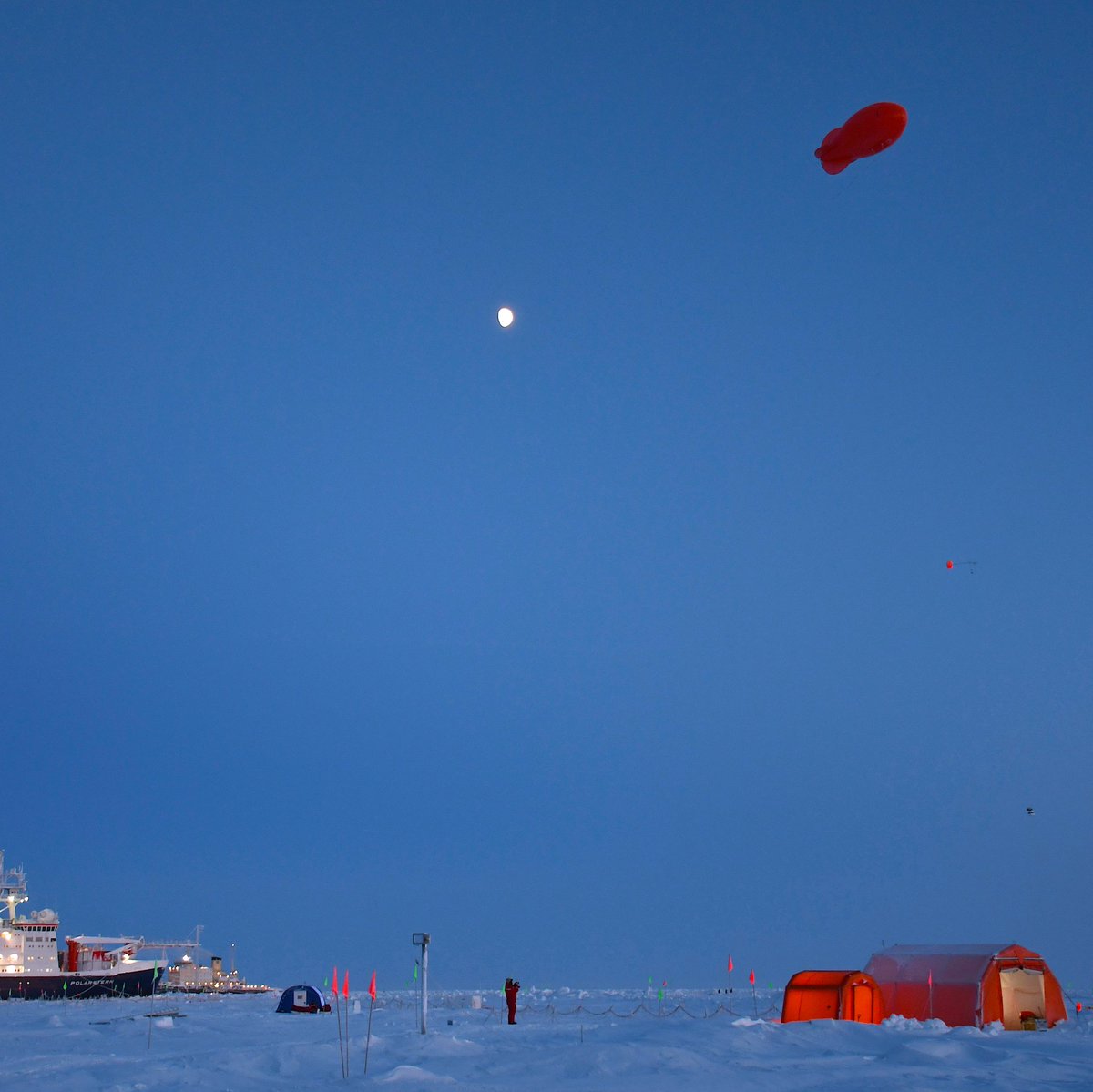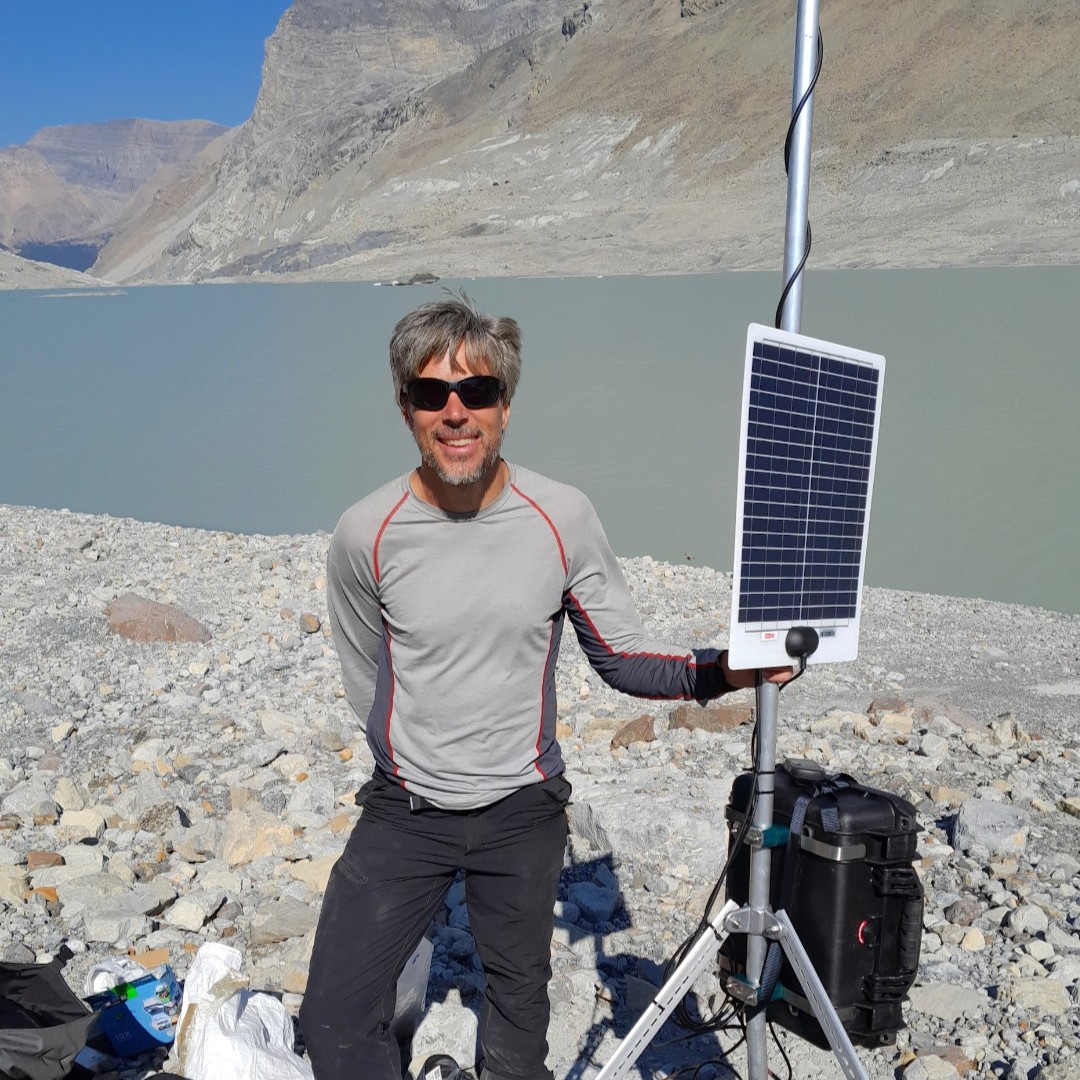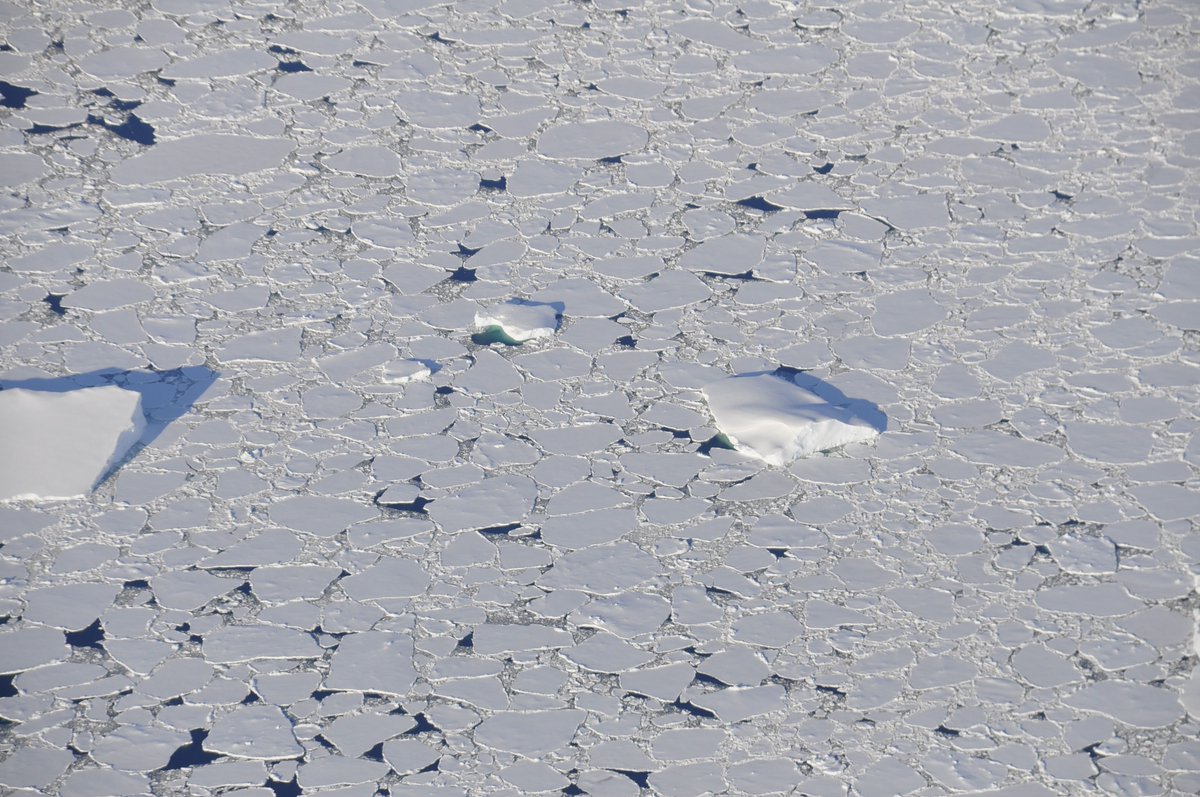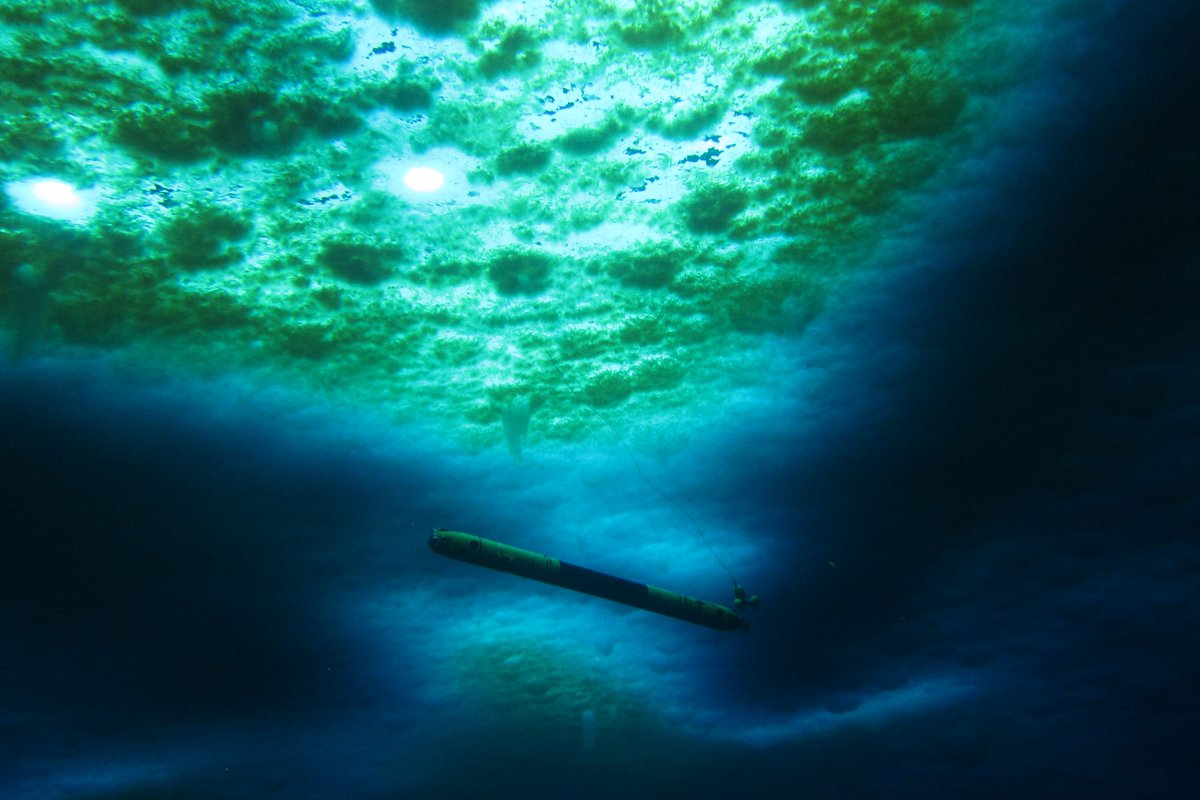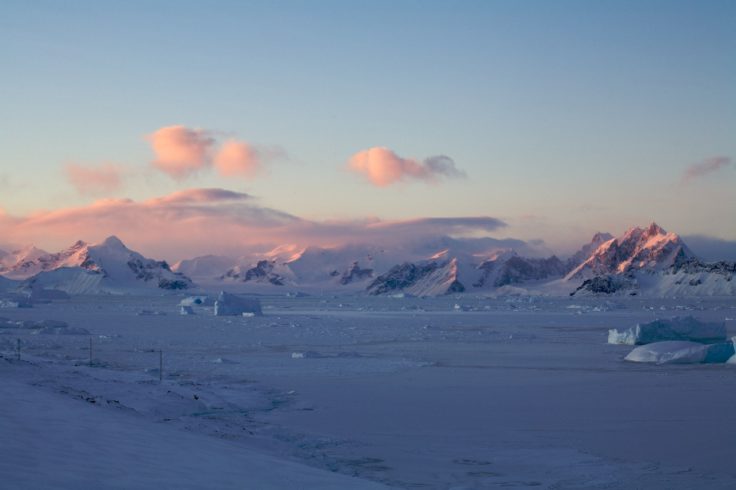
Surface Fluxes in Antarctica (SURFEIT)
@surfeitnerc
SURFEIT studies how exchange of mass and energy between the surface of the Antarctic ice sheet and the atmosphere impacts sea level rise @BAS_News @NERCscience.
ID: 1602630271702007809
https://surfeit.ac.uk/ 13-12-2022 11:44:08
20 Tweet
42 Followers
51 Following
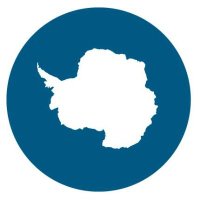

We’re thrilled to welcome our dream team of scientists to the #SURFEIT kick-off meeting at British Antarctic Survey 🐧 this week. ❄️🧊 Learn more about the objectives of our work at surfeit.ac.uk! 💻


Congratulations to Surface Fluxes in Antarctica (SURFEIT) on a very successful kick-off meeting at British Antarctic Survey 🐧, which AntClimNow are proud to have helped support.

Thank you to our scientists and support staff for making last week’s #SURFEIT kick-off meeting at British Antarctic Survey 🐧 a success! 🚀 Here’s to a better understanding of ice-atmosphere mass and energy exchanges in Antarctica and their impact on sea level rise! 🇦🇶 surfeit.ac.uk




You can read the interview to the first author Mathieu Casado on The Guardian here : theguardian.com/world/2023/sep…


The melt rate of the West Antarctic Ice Sheet will increase until the end of the century, even if we reduce emissions. New research led by BAS' Dr Kaitlin Naughten shows that it's now likely unavoidable - even in the best-case scenario. Here's the story ⬇️ ow.ly/MNIt50PZJjC


We can’t yet forecast the future of Antarctica with enough certainty. 🌨️ Will it snow more or less in Antarctica as temperatures rise? 🧊 How does liquid water weaken ice sheets? 💧 What's the impact of extreme weather events? Enter Surface Fluxes in Antarctica (SURFEIT) ⬇️


These are the beautiful, biodiverse South Orkney Islands near Antarctica 😍 But scientists at British Antarctic Survey 🐧 say warm weather + extreme events have increased hugely over the last 75 years. SURFEIT is analysing events like these to improve climate models ⬇️ bas.ac.uk/media-post/sci…
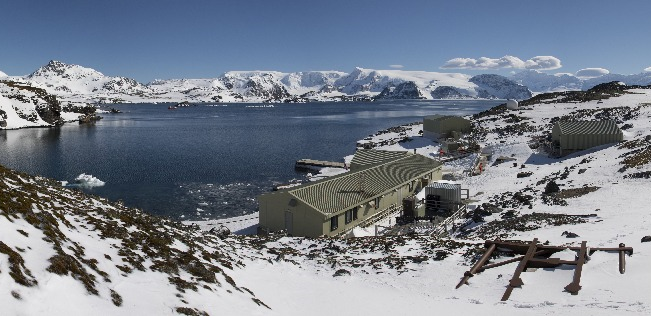

Great to see the Surface Fluxes in Antarctica (SURFEIT) science community come together at #EGU24. Some of the best science conversations happen around the fringes of the conference as people from around Europe are in the same place at the same time!





SURFEIT's PI Louise Sime talks about the extremes of Antarctic weather in British Antarctic Survey 🐧 latest edition of 'Beyond the Ice' Find it here: linkedin.com/pulse/extreme-…



